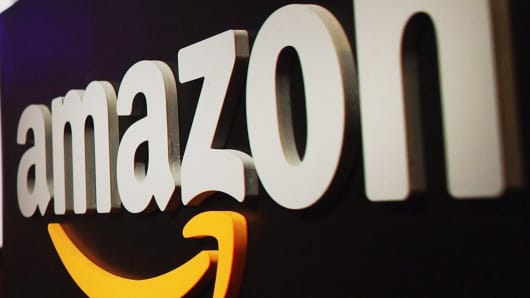The controversy surrounding the U.K. tax affairs of companies like Starbucks, Amazon and Google shows little signs of abating, with new claims that consumers are choosing to shop elsewhere.
High-profile politicians like Danny Alexander, chief secretary to the Treasury, and Margaret Hodge, head of the public accounts committee, have said they're boycotting the chain following the row. Hodge said she'd "put away her Kindle."
Starbucks has announced it will pay an extra 20 million pounds ($32 million) voluntarily to the U.K. taxman after negative publicity over the minuscule amount of corporation tax it has paid in the country.
Now one of the UK's biggest retailers has said that it has benefited from consumers turning their back on Amazon in particular.
The retailer saw a 40 percent rise in online sales in the last three weeks, after a campaign on social media site Twitter and by left-wing newspaper the Daily Mirror to boycott Amazon.
Andy Street, managing director of John Lewis, said that the row had been good "background publicity" for the company, which is run as a partnership with its employees rather than as a public company and is regularly ranked as one of the U.K.'s most-trusted companies by surveys like the Lansons Trust Report.
Amazon did not respond to a request for comment on what its comparable sales were.However, John Lewis's sales bump included "Mega Monday" on December 3, believed to have been a bumper day for online sales across the board in the U.K..
Shoppers in the U.K. are being relatively cautious ahead of Christmasthis year,according to industry body the British Retail Consortium, as warnings spread that the country is facing a triple-dip recession and the government shows little sign of moving away from its austerity-driven policies.
This kind of publicity can have a negative effect on companies' top lines,particularly if they have cultivated a benign image, according to Gary Davies,professor of corporate reputation at Manchester Business School.
"Several of these companies, like Google and Starbucks, have made a big noise about their corporate social responsibility. If you're going to claim the moral high ground, and you get found out, then both your employees and customers will probably not like it," Davies told CNBC.
"The media have long memories about this kind of thing too."
He advised a good, old-fashioned, genuine apology as the best way for companies to counteract such publicity.







